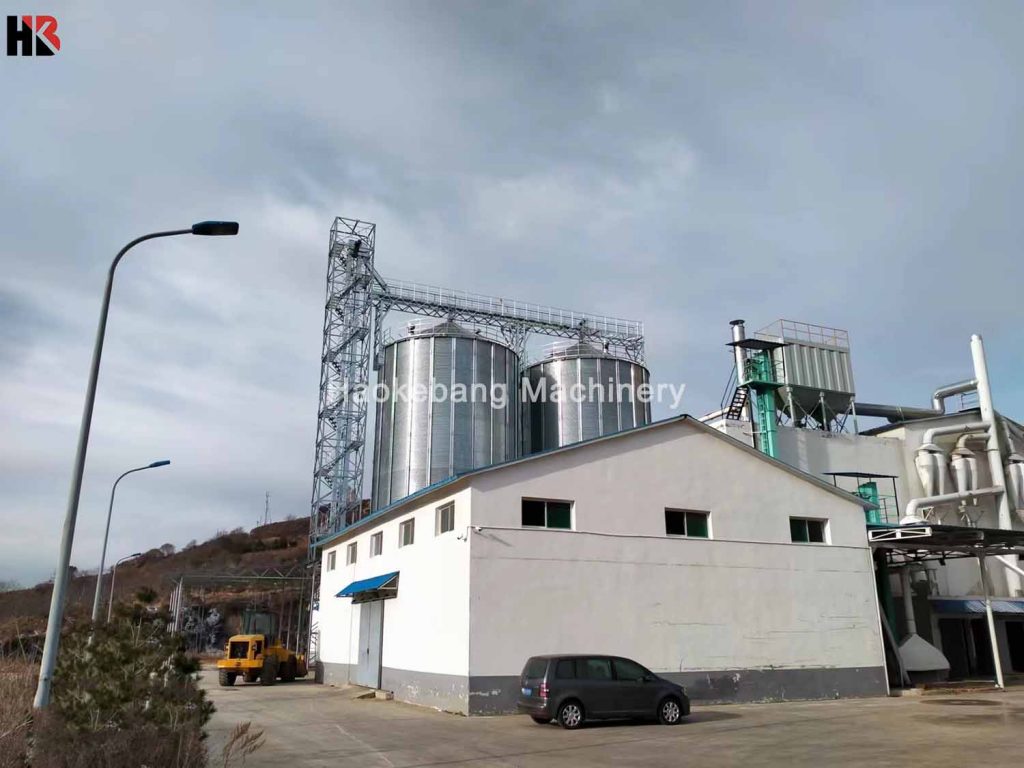In the grain storage sector, rice grain silos are crucial for ensuring rice quality and stable supply. Their procurement process significantly impacts food security and economic benefits. This article explores key factors in rice grain silo procurement from market status, procurement strategies, and technical requirements, providing comprehensive reference for buyers.

Market Demand Growth
The continuous growth of the global population and the improvement of living standards increase the demand for rice, expanding the rice grain silo procurement market. Particularly in major rice-producing regions like Asia, the demand for silos is strong to meet growing storage needs and ensure stable rice supply.
Technological Advancements Drive Market Development
Constant technological progress brings new opportunities for procurement. The application of new materials, development of intelligent management systems, and integration of energy-saving and environmentally friendly technologies significantly enhance the performance of rice grain silos. These technologies not only improve storage efficiency and security of rice but also positively affect the silo procurement market, encouraging buyers to focus more on the technical content and innovation of silos.
Clarify Procurement Needs
Before rice grain silo procurement, it is essential to clarify storage needs, including types of rice, storage volume, storage duration, and special requirements for silos. This helps determine the specifications, capacity, and functions of the required silos, enabling precise procurement and avoiding resource waste.
Evaluate Supplier Strength
Supplier selection is a critical part of the procurement process. Assess suppliers from multiple dimensions, including production scale, technical level, product quality, after-sales service, and market reputation. Choosing a strong and reputable supplier ensures the quality and stability of silos, reducing procurement risks.
Consider Cost-effectiveness
Cost-effectiveness is an important consideration in procurement. It is necessary to consider the procurement cost, usage cost, and expected benefits of silos comprehensively, selecting products with high cost-performance ratios. Additionally, pay attention to the service life and maintenance costs of silos to achieve long-term economic benefits.

Structural Design and Material Selection
The structural design and material selection of rice grain silos directly affect their storage performance and service life. High-quality silos should be made of high-strength, corrosion-resistant materials, with good sealing and insulation properties, ensuring the quality and safety of rice during storage. Moreover, the structural design of silos should be reasonable, facilitating the entry and exit of rice and management.
Intelligent Management System
An intelligent management system is one of the important technical requirements for rice grain silo procurement. By integrating sensors, monitoring equipment, and data analysis software, silos can achieve real-time monitoring and automatic adjustment of the rice storage environment, including key parameters such as temperature, humidity, and oxygen content. This helps improve the storage efficiency of rice, reduce losses, and lower manual management costs.